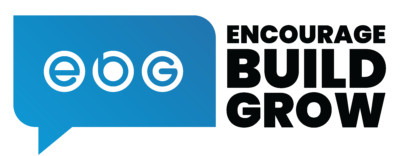Standby as we work to improve our site, EncourageBuildGrow.com.
As we encourage everyone else to "Get 1% Better Every Day!" we take the same approach.
In the meantime, if you need to reach anyone, please feel free to email us at info@encouragebuildgrow.com
Or call 479-358-7581
